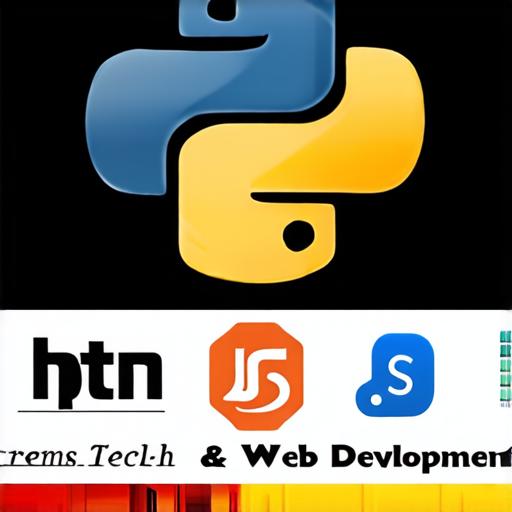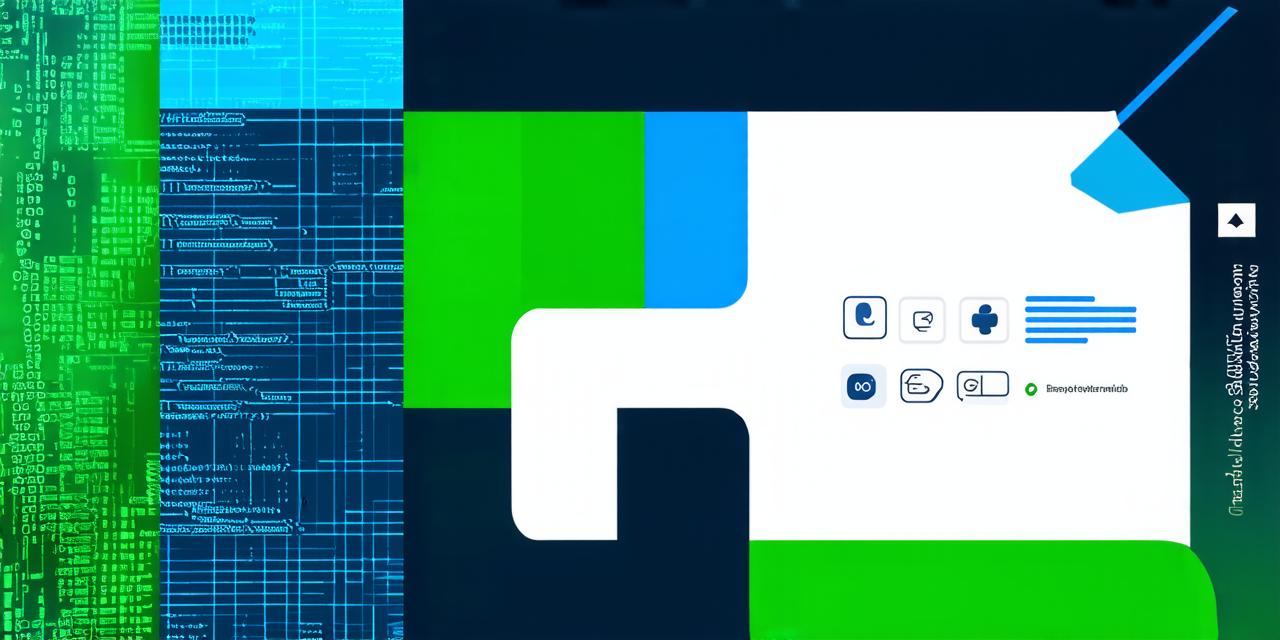Python vs. web development: Which should I learn?
The Wide Web: A World of Opportunities
Web development offers a broader scope, encompassing various technologies that work together to create dynamic, interactive websites. HTML (HyperText Markup Language) provides the structure, CSS (Cascading Style Sheets) handles the aesthetics, and JavaScript brings interactivity to web pages. For example, Mike Johnson, a web developer, used these tools to build an e-commerce platform that revolutionized online shopping, making it more user-friendly and efficient.
The Intersection of Python and Web Development
The lines between Python and web development are blurring as Python web frameworks like Django and Flask gain popularity. These frameworks allow developers to build web applications using Python, offering a seamless blend of the two worlds. For instance, Tom Lee, a developer at a tech startup, used Django to create a data-driven web application that visualized complex datasets, making it accessible to non-technical users.
The Future: A Symbiotic Relationship
As technology evolves, the symbiotic relationship between Python and web development is becoming increasingly apparent. Machine learning models can be integrated into web applications for personalized user experiences, while web applications can serve as interfaces for complex data analysis tasks. This fusion of skills will open up new opportunities for coders in the future.
Conclusion
The choice between Python and web development is not a zero-sum game. Both paths offer unique challenges and rewards. By understanding their strengths, you can make an informed decision about where to focus your efforts. Remember, every coder started somewhere, and the most important step is taking that first one towards your chosen path.
FAQs
- Can I learn both Python and web development?
- Is Python more difficult than web development?
- Which path has better job prospects?
Yes, many professionals have a foot in both camps. It’s all about finding the right balance for you and learning from resources tailored to each field.
Neither is inherently more difficult. The difficulty depends on your understanding of concepts, dedication to learning, and the specific tasks at hand.

Both paths offer promising career opportunities. It’s about finding the role that aligns best with your skills, interests, and the evolving needs of the tech industry.
